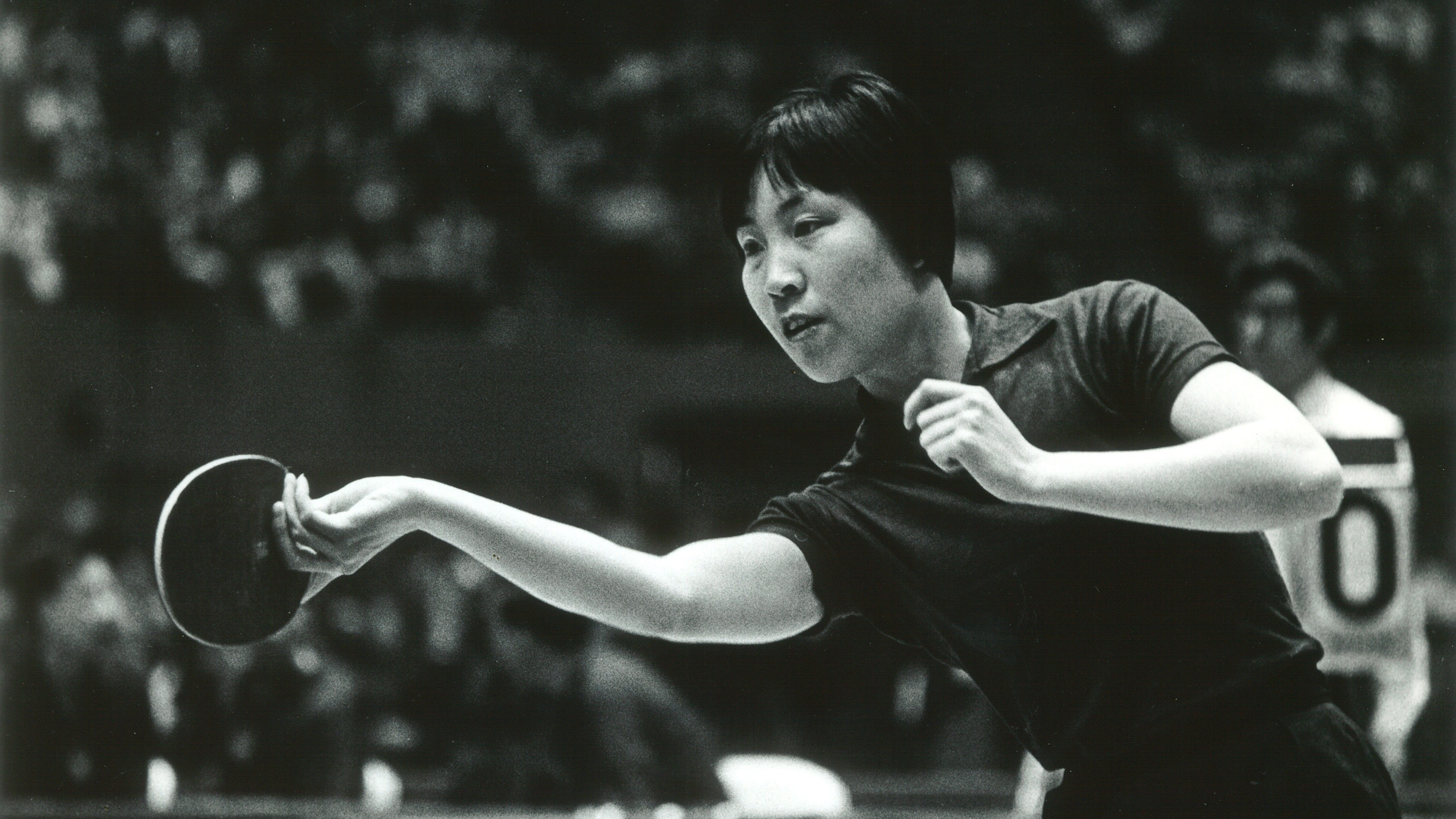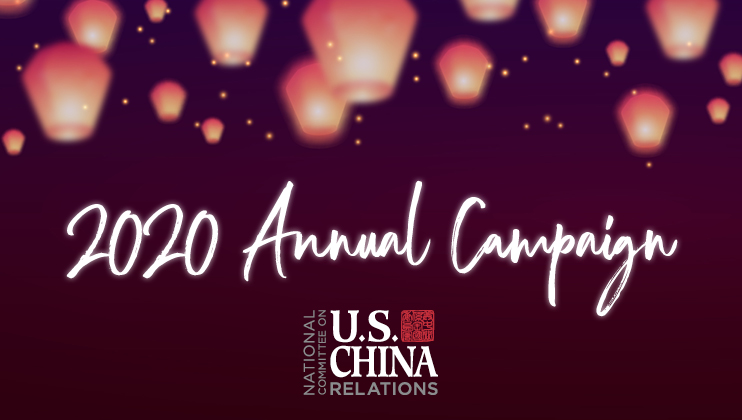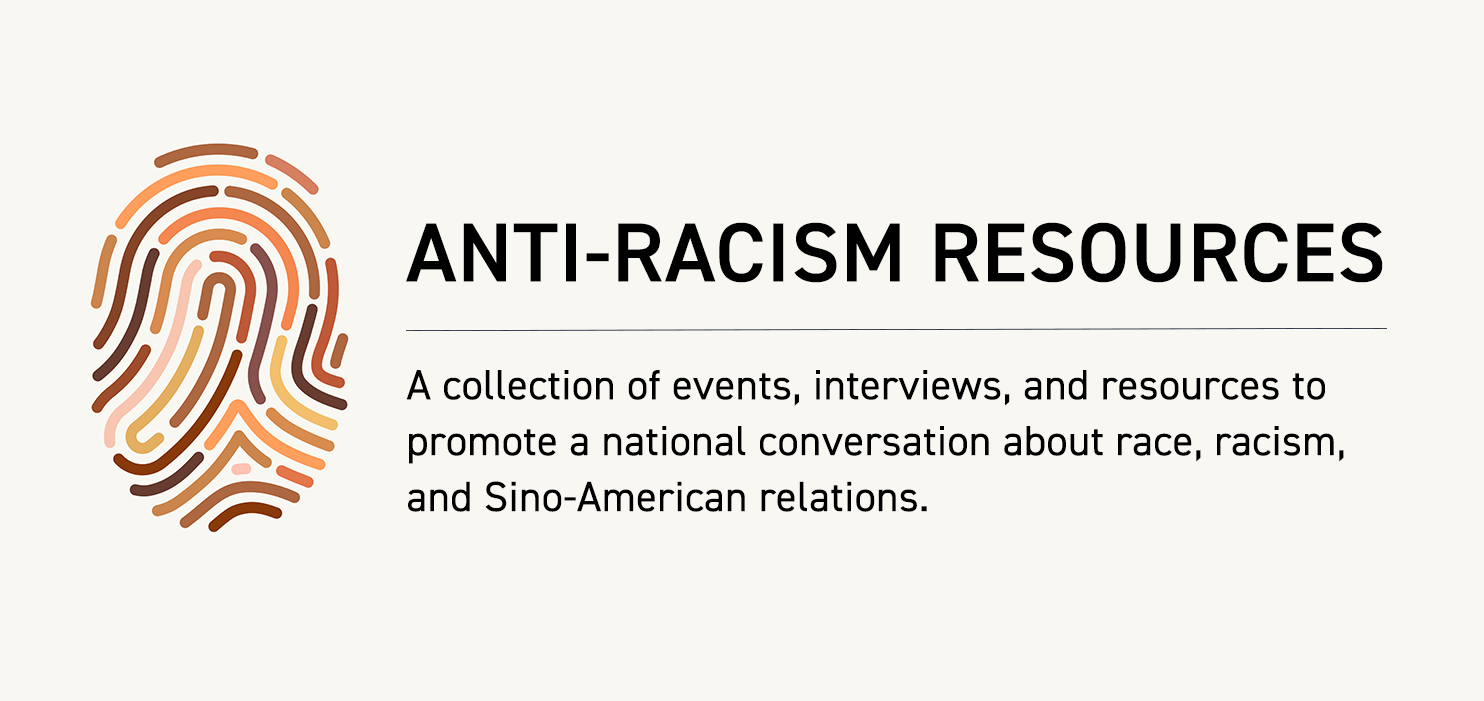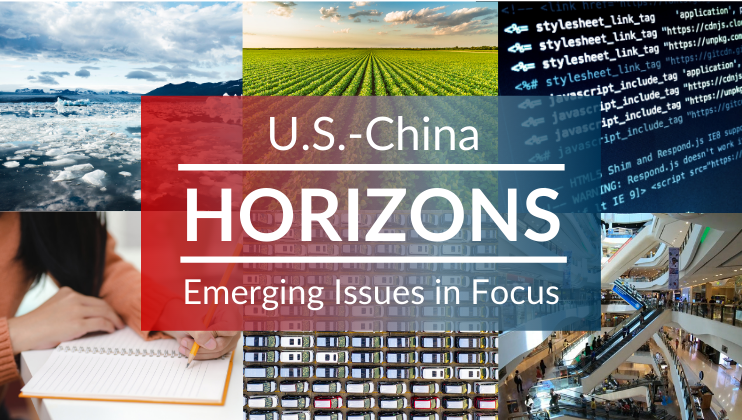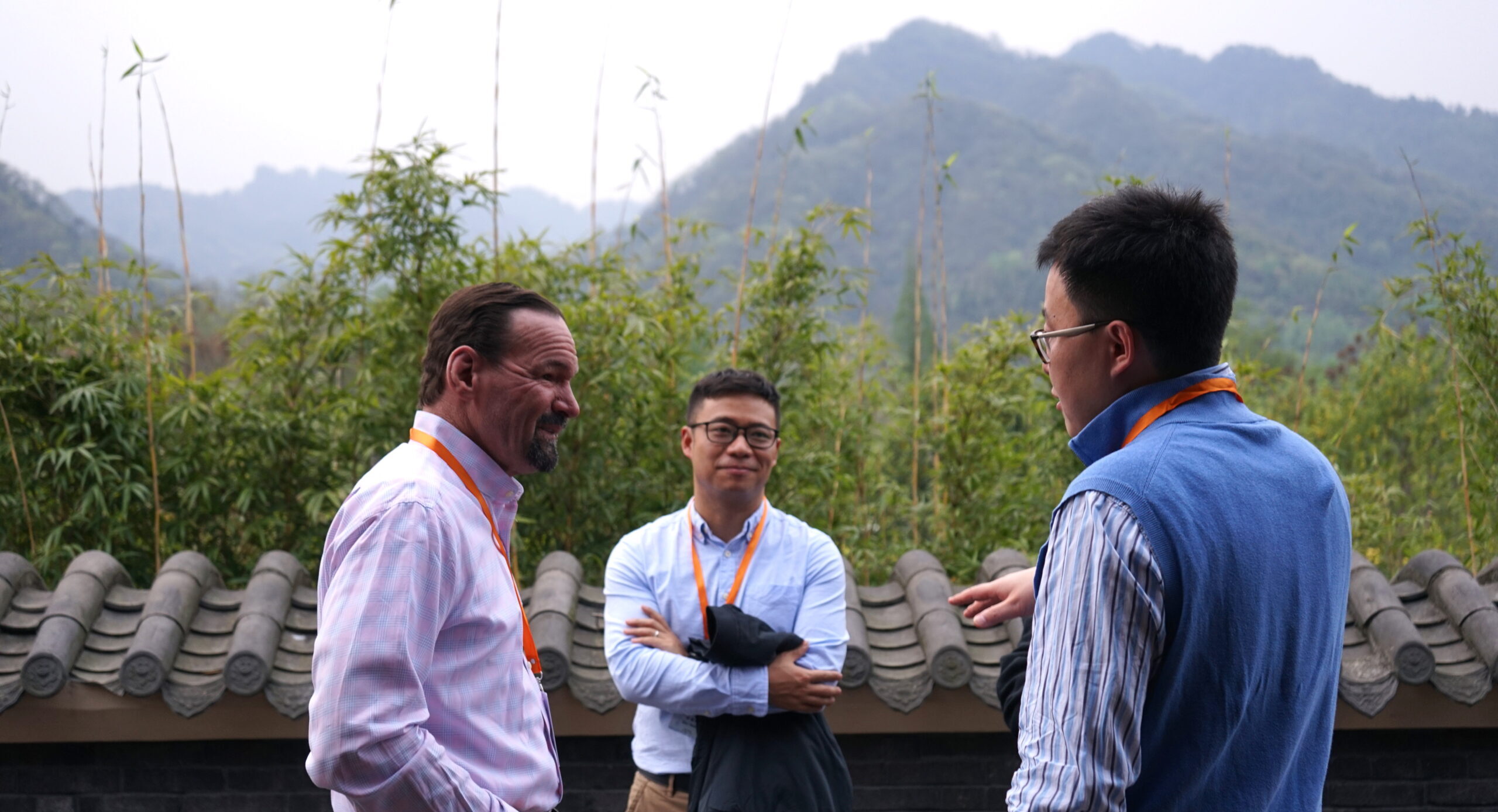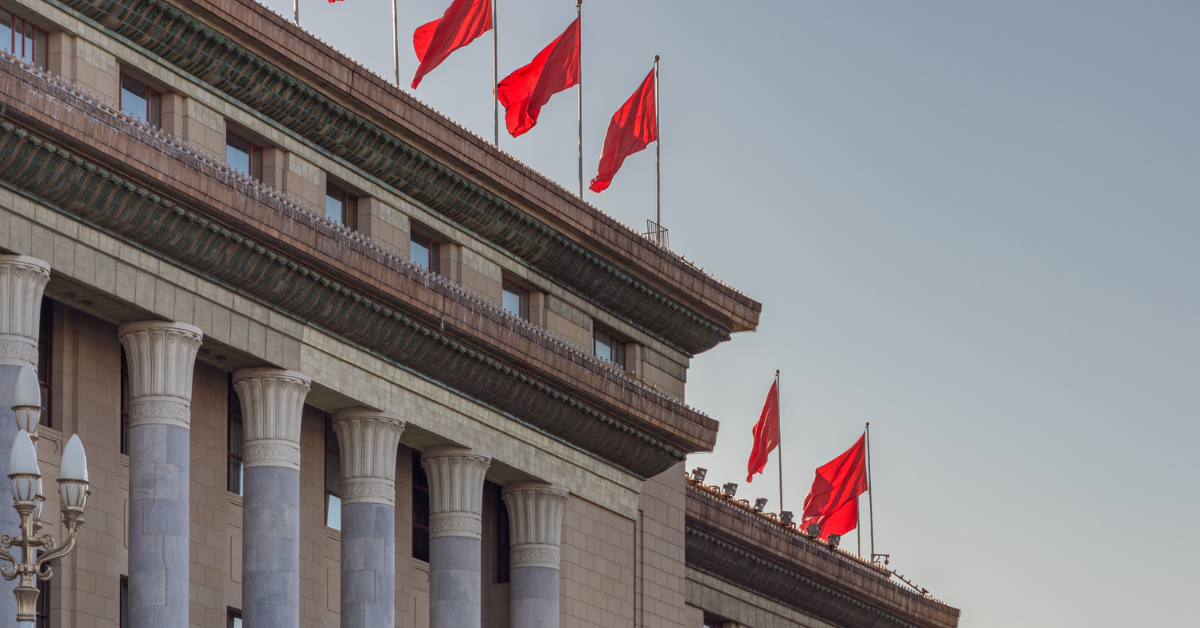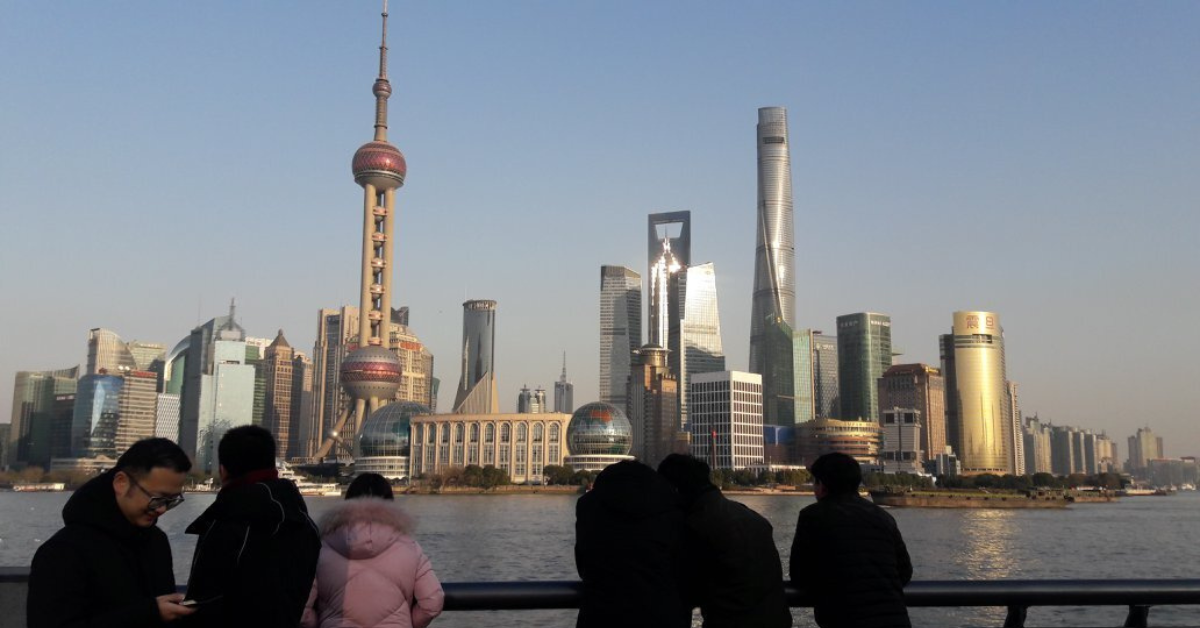Established in 2017, a partnership between the National Committee and the Schwarzman Scholars program engages Schwarzman Scholars at all stages, helping further prepare them for leadership roles in the U.S.-China relationship. Through the partnership, current Schwarzman Scholars, recent graduates, and alumni have opportunities to learn from and engage with policymakers, policy influencers, and leading China experts in the National Committee's network.
The Public Intellectuals Program Fellow Database is a free-to-use directory of China experts and specialists. The database is intended to connect journalists, policymakers, educators, and the interested public with China specialists who can provide insight, background, and deeper knowledge about China and U.S.-China relations. Our Public Intellectuals Program (PIP), launched by the National Committee in […]
A collection of events, interviews, and photos commemorating the 50th anniversary of Ping Pong Diplomacy.
The United States and China have the two largest militaries in the world. In 2022, the two countries spent over a trillion dollars on national defense. Under President Xi Jinping, China has ramped up its military modernization drive. What are China’s goals for its military? Is China planning to invade Taiwan? How should the United […]
As the crisis in the U.S.-China relationship deepens, the work of the National Committee is more critical than ever. Maintaining communication between the United States and China and fostering cooperation in areas of common interest are of utmost importance. The National Committee has traditionally held annual Gala Dinners to recognize our major donors and Corporate […]
The National Committee has launched a new area of programming aimed at increasing public awareness of issues surrounding racism against Asian Americans. Our view is that no matter whom it is directed against, racism is abhorrent and unacceptable. We at the Committee will continue to wrestle with issues of racism in future programs. Our hope is that the current crisis will inspire a desperately-needed national conversation about race relations that will lead to tangible change.
Increasing discord in the U.S.-China relationship is having profound repercussions for the people of both countries and the global community. U.S.-China HORIZONS explores mutual benefits emerging in new sectors and highlights pressing global issues that can only be resolved through functional Sino-American cooperation.
The United States and China have a long and rich history of people-to-people exchange. Yet recent years have seen a decline in exchange and a rise in mutual distrust. What do Americans and Chinese people think of each other? What are the benefits of cultural exchange? Watch our Society & Culture content below to learn […]
The People’s Republic of China is a single-party country run by the Chinese Communist Party. How does this system of government work? Who leads China? What is Chinese civil society? Watch our Governance & Civil Society content to learn about how China is governed and what it means for U.S.-China relations. China’s Government What are […]
The U.S. and China trade hit a new record in 2022 with nearly $700 billion worth of goods exchanged between the two countries. At the same time, both countries have enacted policies that boost domestic businesses while blocking certain foreign competition. What is the state of China’s economy? What impact does trade with China have […]

